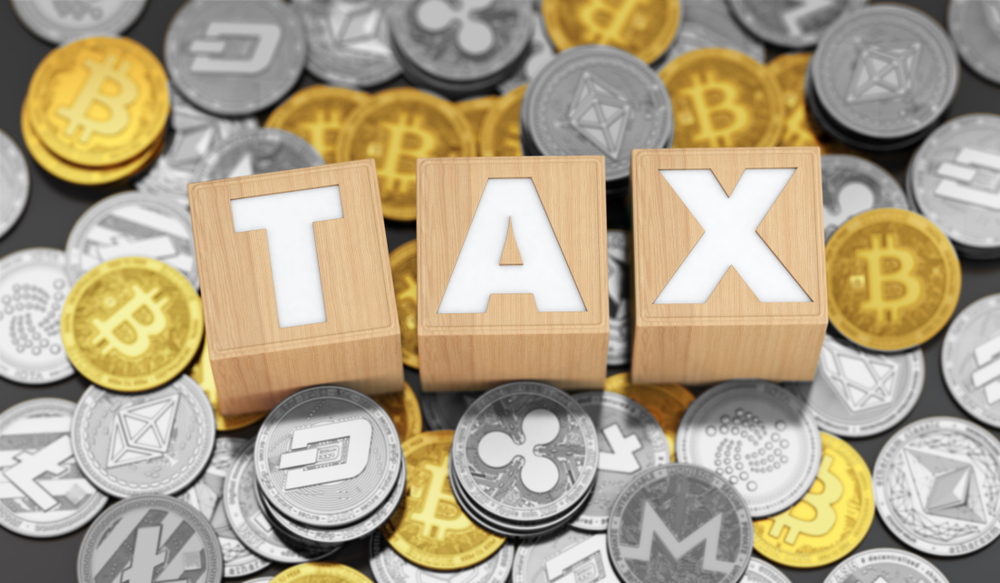Non-compliance with virtual currency (crypto) tax rules can cost taxpayers dearly
It Depends Who You Ask!
Despite the confusing interpretations by US regulators, non-compliance with crypto tax rules can cost taxpayers dearly. Unfortunately, the answer to “how is virtual currency taxed” depends on who you ask.
The IRS, The Financial Crimes Enforcement Network (FinCEN), the Securities and Exchange Commission (SEC) and the US Commodity Futures Trading Commission (CFTC) all have different regulatory interpretations for digital currency.
Here’s what regulators are saying now (all subject to change):
- IRS: Virtual currency is treated as property for federal tax purposes.
A taxpayer who receives virtual currency as payment for goods or services must include its fair market value (the value of the good or services exchanged) when computing gross income. The value must be measured in U.S. dollars on the date the virtual currency was received.
Given the complex IRS rules and their characteristically obscure language, buying a cup of coffee with Bitcoin can trigger capital gains reporting for the buyer and ordinary income for the seller.
A “yes or no question” regarding virtual currency transactions began appearing on IRS approved tax return forms in 2019 and 2020. However, given the complexity of the question, a yes or no answer may require the advice of a crypto tax expert.
When is crypto taxed?
If the fair market value of property received for virtual currency exceeds the adjusted basis for the virtual currency, the taxpayer has a taxable gain.
Translation: If the value of property you receive exceeds what you paid for the cryptocurrency, your transaction is taxable.
- FinCEN: Money Service Businesses (MSBs) who provide online services for virtual currency investors must be registered with FinCEN.
Coinbase is an example of an MSB that provides a secure platform and web wallets for buying, selling, transferring and storing digital currencies.
MSBs operating in the US are regulated by both the states FinCEN. Therefore, while web wallets are not directly overseen by The Securities Exchange Commission (SEC), MSB’s are required to keep records and file reports on certain transactions to FinCEN by Bank Secrecy Act (BSA) regulations.
Preparing for crypto taxation
Translation: Remember, nobody is really in charge. But you’d better have records ready for any regulator who asks for them.
- SEC: Online trading platforms are securities.
Some online trading platforms offer trading of digital assets that are securities and operate as exchanges, as defined by the federal securities laws. Those platforms must register with the SEC as a national securities exchange.
- CFTC: Virtual Currency is a commodity and should be regulated by the CFTC.
Why crypto taxation is so confusing and may get worse
The fact that there’s basically nobody in charge of virtual currencies does not stop regulators from voicing opinions or proposing new rules to govern taxpayers.
For example:
- There is a dedicated team of IRS Criminal Investigation professionals who are working on Operation Hidden Treasure. (Your hidden treasure, that is.)
- The Travel Rule under the Bank Secrecy Act seeks to clarify the meaning of money. Domestic and cross-border transactions involving convertible cryptocurrency with an equivalent value as fiat currency, or that acts as a substitute for currency, but lacks legal tender status.
Translation: Not even the definition of money is currently clear, let alone the definition of cryptocurrency.
- FinCEN wants to implement the Bank Secrecy Act (BSA), to amend the regulation for reporting of foreign financial accounts (FBAR) to make virtual currency reportable.
What should you do now as a crypto investor?
- gather documents and organize tax records and HODL
- document receipts, sales, exchanges or other dispositions of virtual currency and the fair market value of the virtual currency. ©


